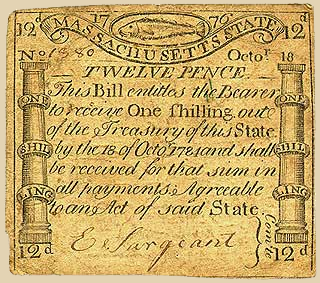
The Painful Truth has recently acquired a letter that James Orlin Grabbe had wrote to his mother concerning the Worldwide Church of God and the various characters within. This seventy page letter was written in either 1973 or 1974. There is some confusion as to the exact date.
Orlin Grabbe was born October 8, 1947, in Hale County, Texas, and grew up on a farm in Briscoe County in the Texas panhandle. He showed great academic prowess in his youth and in response, he was invited to participate in nationwide, specialized education in mathematics. Two of his brothers also achieved doctorates and became professors. His brother Lester was a professor of theology at the University of Hull in England, while his brother Crockett was a professor of physics at the University of Iowa.
In the fall of 1966, Grabbe joined an older brother at the Worldwide Church of God‘s Ambassador College, based in Pasadena, California. He graduated in 1970 and served on the teaching staff until 1973. During this time, he was the editor of the student newspaper. In his memoir, written later in his life, he described not only his own experiences and thought processes, but also the atmosphere that permeated the college, its students, and the organization as a whole.
After leaving Ambassador, Grabbe enrolled at the University of California, Berkeley, to pursue his interests in research and science, with an emphasis in mathematics. In 1976, he received a Bachelor of Arts degree in economics. He continued his education at Harvard University where he was awarded a Ph.D. in economics in 1981.
Grabbe specialized in the study of financial derivative instruments and published important pricing models for futures, forward contracts and options, especially in the foreign exchange (FX) markets.
If your not familiar with Mr. Grabbe, and his contributions, go HERE.
And yes, he even had a part in the movie, “Ruby Ridge” staring Randy Quaid, Laura Dern, Kirsten Dunst.
His website from ten years ago can be found HERE.
A pioneering work for Grabbe is his “The End of Ordinary Money, Part I” and Part II.
And finally, a most telling article here on the Painful Truth, “Memories of Pasadena” originally provided by Bill Ferguson of “Ekklesia“.
Due to file size, the Painful Truth will present this letter as png picture files, instead of pdf files for the time being. We will post one big pdf file when this series is complete.






